Havana’s Superman to Riding Sandworms: R&K editors pick some of their favorite articles and photo stories from 2015.
Four years is a long time to be stuck, Tron-like, entirely in the digital realm. So we’ll remember 2015 first and foremost as the year that Roads & Kingdoms ventured into print with its first book, Rice, Noodle, Fish. Any recommended list of top reads from this past year has to start, then, with Matt Goulding’s excerpt from the book. But after that? That’s a tougher call. We published more stories than ever in 2015, and loved too many of them to be cavalier in picking some over others. But our top editors dug deep and each chose a favorite feature story and a favorite photo story from the year that was. The results are here:
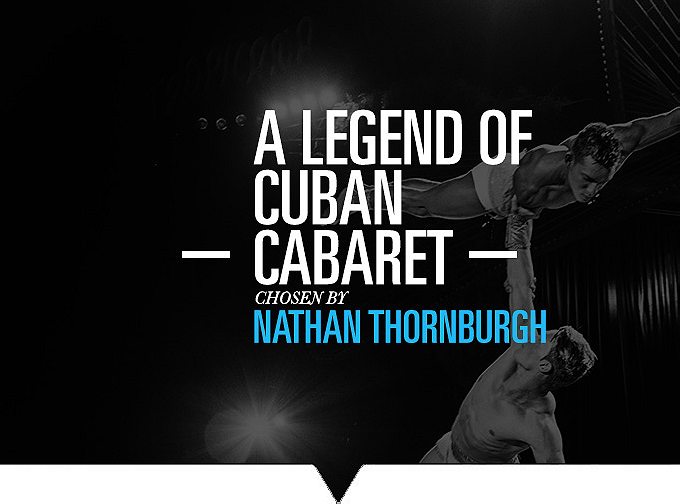
Superman of Havana
I used to live and play music in Havana, and I grew up in the Florida Keys just across the straits from Cuba. But I have as little idea about what direction Cuba will take from here as anyone: the country, its people and its history are just too complicated for any simple oracling. That’s why I love what R&K Features Editor Mitch Moxley and photographer Michael Magers did with the Superman in Havana story. They left the big questions for another day, but instead just focused on telling one story superbly: tracing the steps of a legendary sex show performer in pre-revolutionary Cuba. If you want to see where Cuba has been, where it is now, and maybe even where it’s going, why not start with a dazzling longread about a deeply admired and fantastically endowed cabaret showman from the 1950’s?
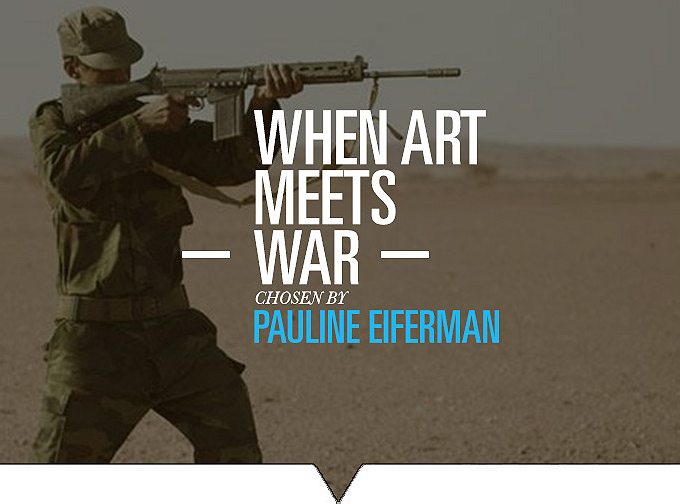
Toy Soldiers
Simon Brann Thorpe’s “Toy Soldiers” gives a new meaning to war photography. Far from the complex and controversial practice of embedded journalism, it’s the result of a true artistic collaboration between a military commander in Western Sahara, his troops, and the photographer. The resulting pictures both decry the absurdity of war and its pervasiveness, and is a witness to one Sahrawi commander’s belief in the relevance of contemporary art. You can buy Thorpe’s book here.
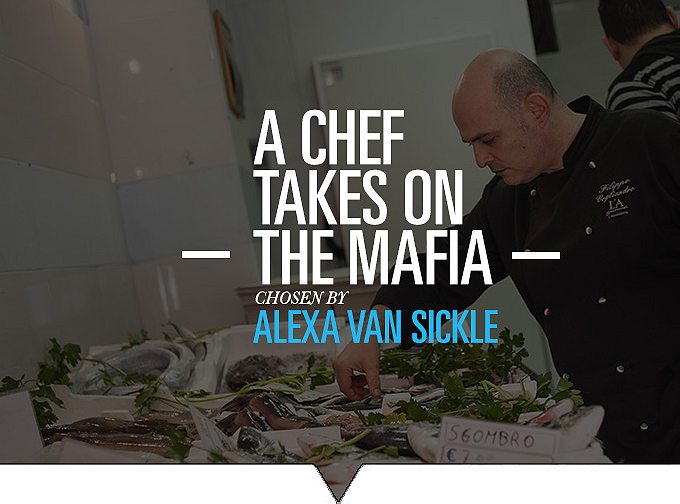
The Chef vs the Octopus
Part of the Dispatched by Bourdain series, this is a longread by Alex Perry about a chef who dared to take on the two looming traditions of Calabria: the sacred recipes of southern Italian cuisine, and the tentacle-like grip of the ‘Ndrangheta—the mafia. The stakes are high from the start: Perry provides a rich primer on just how embedded the ‘Ndrangheta are in the fabric of Calabrian life and business, before recounting how chef Filippo Cogliandro threw down the gauntlet with a daring double-cross – recording and turning in his would-be extortioners. It was a risk that looked like too high a price at first, when customers stayed away from his restaurant, fearing retribution. But today Cogliandro is one of Italy’s most innovative restaurateurs, celebrated for his ability to experiment with some of Italy’s most sacrosanct recipes. He is also part of a growing collection of Italian businesses that can label their products and operations “mafia free”; a development that was unthinkable in the ‘Ndrangheta’s heyday.
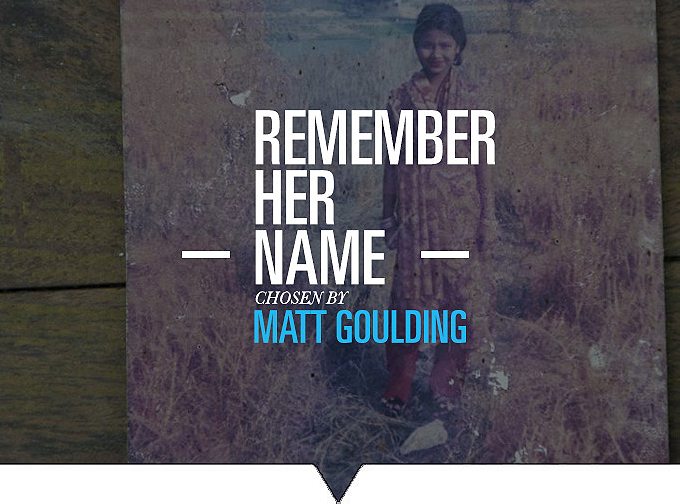
Her Name Was Laboni
In the wake of global tragedies on the scale of the 2013 Rana Plaza collapse in Bangladesh, which took the lives of more than 1,100 factory workers, we are accustomed to reading the mini obituaries that trickle out in reported pieces around the world. Those are important, but Mexican photographer Claudio Montesano Casillas’ essay is an entirely different kind of eulogy: He traveled with Laboni’s parents to their village to the capture the complete story of a young woman and the impact her death has had on her community.
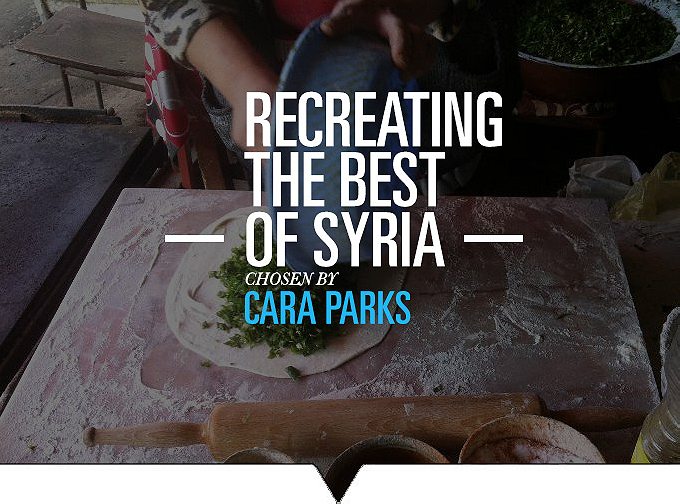
A Tree Grows in Karabakh
While the inhospitable highlands of the self-proclaimed Nagorno-Karabakh Republic may not seem like the place to find greenhouses filled with lemon trees and flowering gardenias, that is what reporter John Arterbury discovered when he went in search of a family attempting to recreate a Syrian farm far from the coastal lands where these plants originally blossomed. After fleeing violence in Syria, the Asmaryan family—Syrians of Armenian descent—headed to Armenia, but eventually found their way to this disputed area between Armenia and Azerbaijan. Despite not having farming experience, the family painstakingly brought dozens of plants from Syria, paying bribes and using brokers along the way, mirroring their own journey out of the country. While in some ways they are twice displaced, their forebears having fled the Armenian genocide, the family has nonetheless placed their hopes in the olive trees that they hope will, one day, bear fruit.
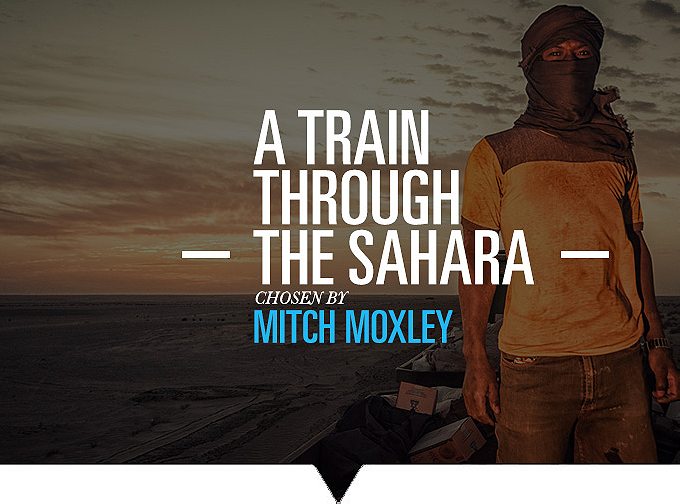
Riding the Sandworm
R&K editors are a fairly well traveled bunch, but every so often we run a story about an adventure that makes us to want to buy a plane ticket to explore some remote corner of the world. Polish photographer Michal Huniewicz’s piece about riding a train carrying iron ore across the Sahara in Mauritania was one of them. Huniewicz’s text pulls out to shed light on this forgotten country, while his lens captures an unforgiving landscape straight out of Dune.
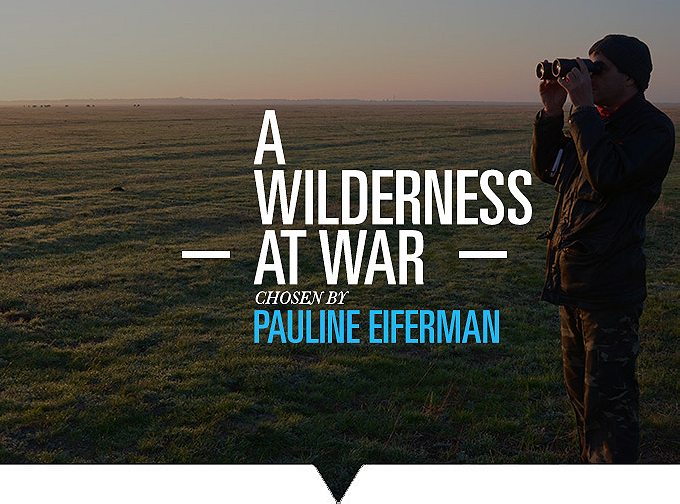
The Ukrainian Serengeti
On the one-year anniversary of Russia’s annexation of Crimea, reporter Dimiter Kenarov took us near the Ukrainian border of the Crimean peninsula, to the world’s oldest steppe reserve. Askania-Nova, home to zebras, buffaloes, and wildebeests, is an eery place where politics collide with environmentalism. Once the badlands on Europe’s frontier, the western edge of the steppe was brought under the Russian Empire’s control at the end of the 18th century. Now, Russia was taking over again. Kenarov had to get past military checkpoints, camouflaged men with Kalashnikovs and armored vehicles to reach the 81,000 acres of rolling grass and meet Viktor Gavrilenko, a conservationist who has dedicated his career to protecting this unexpected Eden.
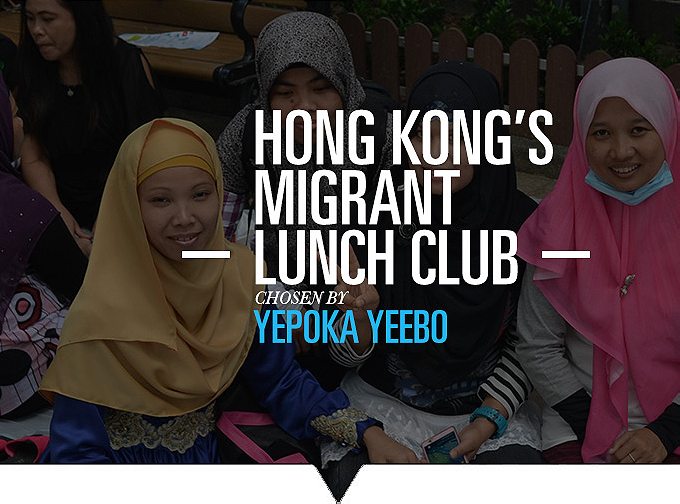
Any Given Sunday
Every Sunday, Hong Kong’s Filipino and Indonesian foreign domestic helpers gather to eat and gossip. Journalist Chris Dwyer sat with them through sumptuous picnics in stairwells, on elevated walkways and on the pavement outside the Gucci store. There was aromatic pork adobo, day-glo Buko pandan fruit salad, and Jollibee takeaway. He met ‘yummy mummy’ Arlene, and ‘single to mingle’ Ann. Then there’s Lina, who painstakingly makes gado-gado, an Indonesian salad, for free, for anyone who wants some. She sits on a curb grinding garlic, ginger and chili by hand, out-cooking the chefs in the five star hotel across the road.
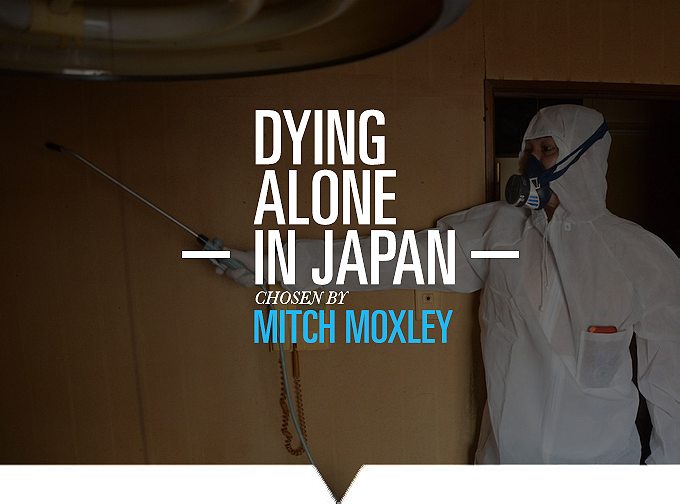
The Lonely End
Matthew Bremner’s feature about kodokushi—the phenomenon in Japan of isolated people dying, essentially, from loneliness—was our most read feature of the year, and deservedly so. It is in many ways the perfect R&K feature, exploring an important, little understood theme through a compelling central character. Bremner tells the story of Toru Koremura, who cleans up after the dead. The story is so much more than a ghoulish glimpse into a bizarre profession; instead, Koremura’s narrative becomes a meditation on life, death, and grief in modern Japan.
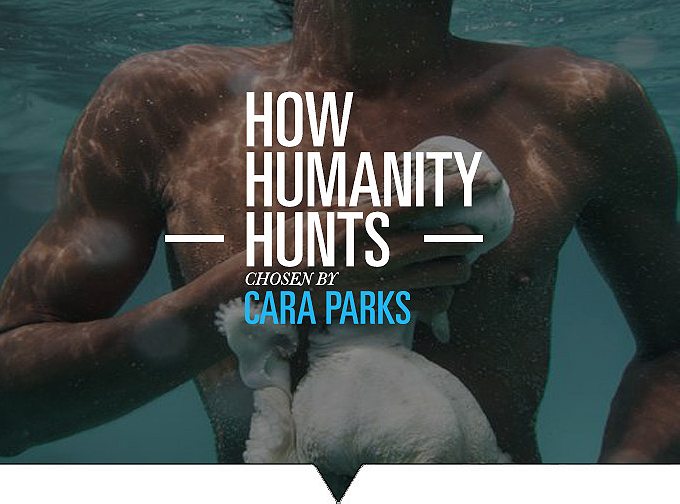
Men and Food: Q&A with Mattieu Paley
Photographer Matthieu Paley has trekked from the Arctic to the desert to document how self-sufficient communities put food on the table. Be it the Hadza people of Tanzania or remote Inuit communities, Paley wants to capture these vanishing foodways before they’re obliterated by the culture of mass consumption. It’s a look at the infinite adaptability of man and what’s lost in an increasingly homogenous food culture; also, who doesn’t want to see a man clutching an adorable octopus to his stomach?
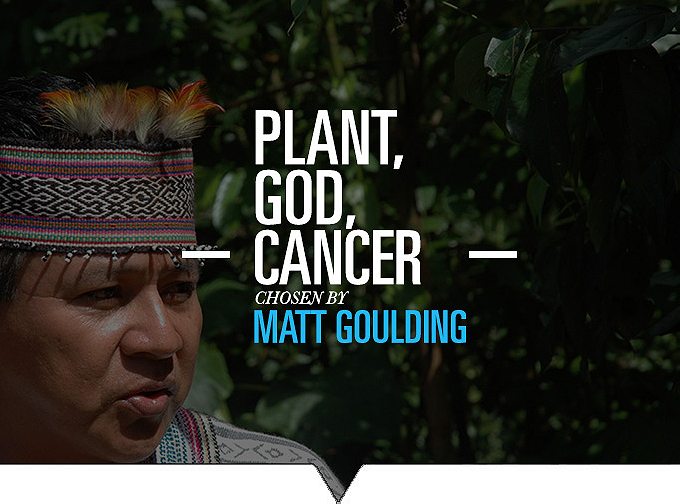
The Root of All Things
I’m far from objective in choosing this story: I was with R&K co-founder Nathan Thornburgh when he embarked on his spiritual journey into the jungles of Peru, and watched as he used his experience with Mother Ayahuasca to metabolize the frightening realities of a cancer diagnosis. The result is a powerful, beautifully-crafted meditation on life’s big questions that never gives in to sentimentality—exactly the kind of story we started Roads & Kingdoms to publish. It also marked the first story in our new Dispatched series, spearheaded by Anthony Bourdain, who became a partner and editor at large at R&K earlier this year.

Making Porn, Raising a Family
There’s something quite touching about photographer Liza Van der Stock’s portrayal of husband-and-wife porn production company in small-town Belgium. Sex is the product, but not really the point. Yes, there’s enough fishnet to rig a tuna fleet, and her camera doesn’t shy away from the very full and flawed bodies that walk in and out of frame. But Van der Stock’s deep embed into the family’s life shows something quite normal and loving after all, a married couple raising a kid while running a small business from home.
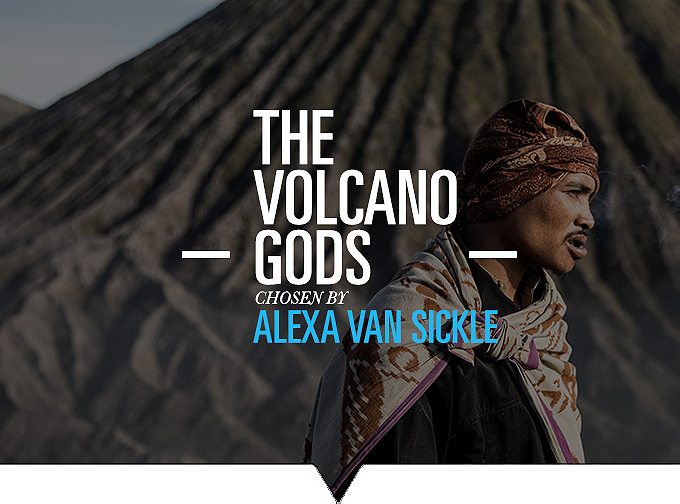
The Hungry Mountain
Bromo-Tengger-Semeru National Park in East Java, Indonesia, is a striking and isolated landscape with several active volcanos, and is home to roughly 90,000 Tengger people—a Hindu ethnic minority in the mostly Muslim Indonesia. Every year, hundreds of Tengger climb Mount Bromo (which to them is both a volcano and a deity) to throw money, rice, fruit, vegetables, goats, chickens, and even cows—all live—into the volcano’s crater. This fascinating ritual is rooted in a centuries-old legend involving a childless royal couple who beseeched Mount Bromo for help. They were then blessed with 25 children (the only catch was that the 25th child, according to the deal, had to be sacrificed to the volcano). Agung Parameswara is a young Indonesian photographer who told this story with some some stunning images of hundreds of villagers perched on the crater of a volcano, incredible wide shots of the volcano’s flanks, and of course, Tennger coaxing livestock towards the abyss.
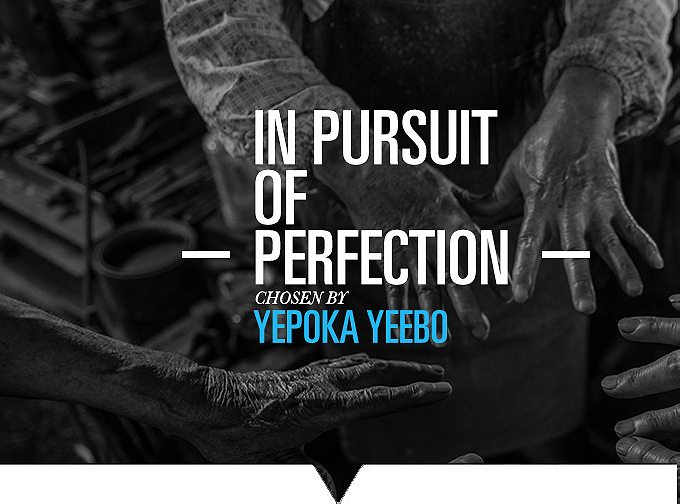
Shokunin: Q&A with Michael Magers
Portraits of obsession. Michael Magers spent seven weeks shooting Shokunin—men and women who devote their lives to relentlessly perfecting a craft—in Japan. In his chat with Roads & Kingdoms’ Director of Photography Pauline Eiferman, Magers tells us about the characters behind the obsessive focus. The husband-and-wife team of master weavers who’ve been married 60 years and spend the entire shoot bickering. The weaver from a legendary Kyoto kimono house who refuses to stop and pose for photographers because it might screw up his work. The young heir to a wooden bucket dynasty who blends his craft with art and is a rare glimpse of a future for his venerated, but dying profession.